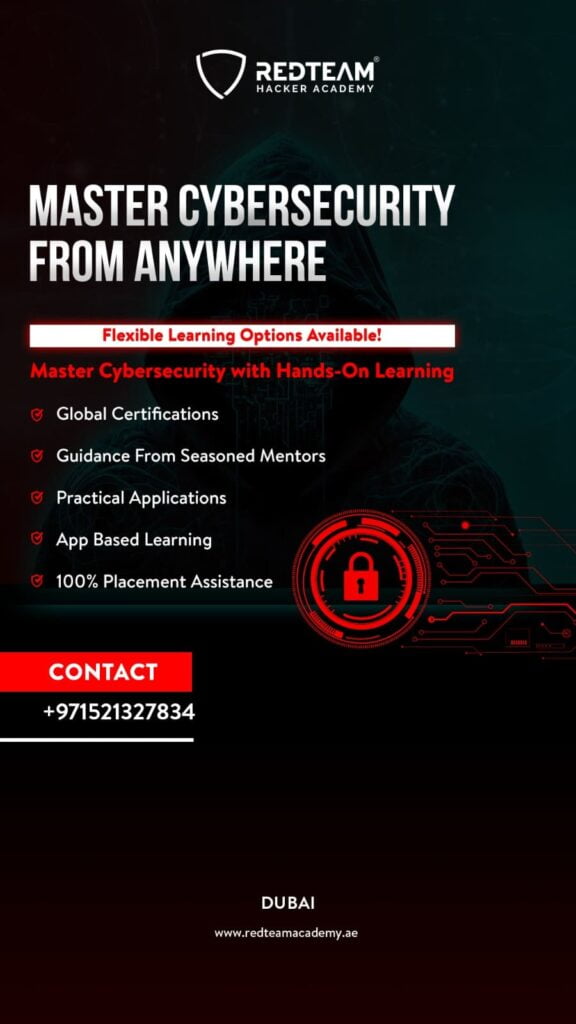In this digital era, passwords form the initial barriers against cyber threats. But with increasing techniques in the hands of hackers to crack passwords, private and business data lie at risk. So, one will have to learn how hackers break into accounts and how this knowledge can be used to fortify security against such attacks. Want to explore further in the cybersecurity field? Then you might want to consider taking up a course in cyber security in Ernakulam or ethical hacking course in palakkad to strengthen your defenses against such malicious attacks.
Common Password Cracking Techniques
1. Brute Force Attacks
Hackers usually attack a password with automated tools to generate and test multiple combinations until they find the correct one. Weak passwords, therefore, are very easy targets for brute-force attacks. A course on cyber security in Palakkad will help you understand how to mitigate such attacks.
2. Dictionary Attacks
Because dictionary attacks do not guess randomly, they rely on a precompiled list of common passwords and words the attackers use in breaking passwords. Notably, if your password is a dictionary word, then it is most susceptible to this attack. Thus, an ethical hacking course in Trivandrum would give you an insight into the various tools for password-cracking and defense countermeasures from them.
3. Phishing
Phishing fraudsters aim to extract the user’s password by posing like authentic sources. Phishing can take place if the hacker sends an email or any sort of an instant message with a link to an invalid login page where the user would enter their credentials, and the credentials can be captured. To stay secure and gain this knowledge, take up the cyber security course in Trivandrum
4. Credential Stuffing
Hackers collect leaked username-password pairs from data breaches and use them to gain access to many accounts. You are more at risk if you have reused your passwords across other sites. You can develop grounding in practical security through bestselling training methods in Punjab, which will have a working module such as case studies that will be instrumental in discovering serious problems before they become big in everyday environments.
5. Keylogging
Keylogging malware captures keystrokes and records passwords when users enter them. Such types of malicious programs are commonly installed by downloading some suspicious software or through phishing emails. An ethical hacking course in Chandigarh could therefore teach you countermeasures against these keyloggers.
How to Protect Yourself from Password Attacks
1. Use Strong and Unique Passwords
Avoid using simple passwords like “password123” or “admin.” The processes or safety measures that can be followed in making the content tougher is covered in different ways since cyber security course in Ernakulam and this is beyond life.
2. Turn on Multi-Factor Authentication (MFA)
MFA adds extra security by requiring a second authentication mechanism, such as a mobile code; thus, even when an attacker steals your password, they will still be denied access to the system.
3. Use a Password Manager
The password manager provides and buffers all critical passwords for numerous accounts, eliminating the necessity to keep that bundle of secure passwords in your incredibly overloaded brain. This prevents reuse across multiple platforms, a common vulnerability hackers exploit.
4. Change Passwords Periodically
Periodical password change reduces risks, especially when an old password has been compromised by a data breach. Training in ethical hacking from an ethical hacking course in Trivandrum would teach the best practices for password grooming.
5. Be Aware of Phishing Scams
Be very cautious while dealing with emails or messages that ask you to fill personal information details. Check URLs before clicking on links and never enter passwords on suspicious websites. A cyber security course in Palakkad teaches in-depth phishing attack prevention techniques.
6. Keep Your Devices Secure
Stay current with security software, and regularly perform malware scans. Avoid downloading files from suspicious websites. Developing your skills to detect and prevent such threats by attending an ethical hacking course in Chandigarh may help you ward off such threats.
Next comes how hackers break passwords followed by securing online accounts. Thus, whether as an individual looking to secure oneself or as a professional trying to build a career in ethical hacking, enhancing one’s knowledge in password protection strategies through a cyber security course in Punjab or other leading places would be equally beneficial to them. So pull up your socks and get alongside RedTeam Hacker Academy to skyrocket your cyber security knowledge.












